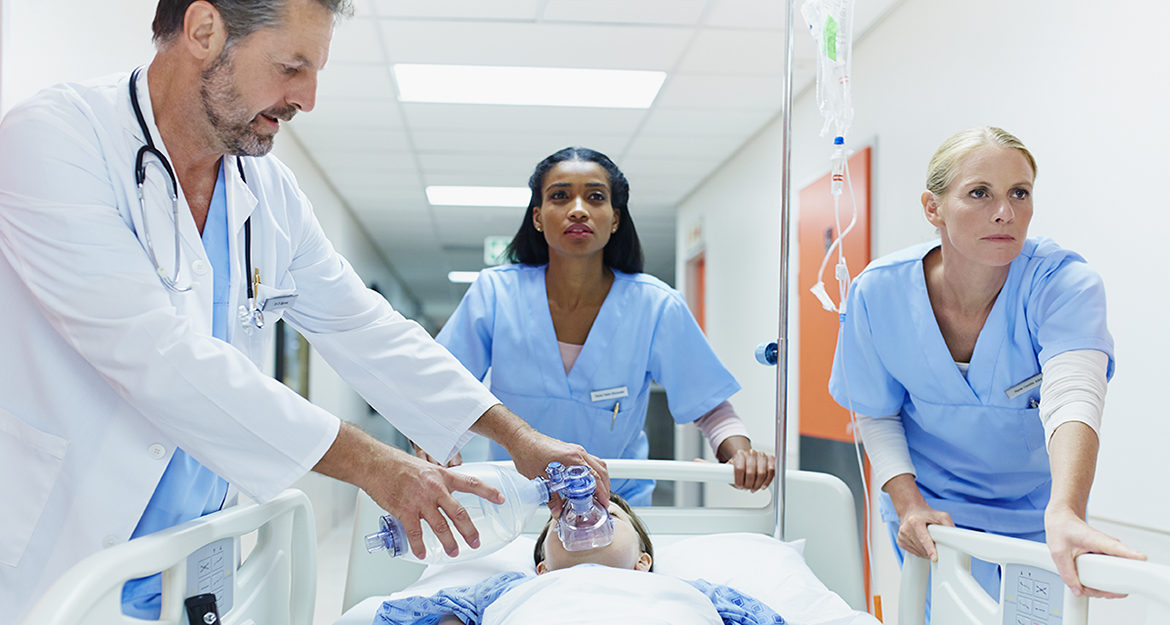Introduction:
Disasters, whether natural or man-made, strike without warning, leaving communities in chaos and turmoil. In these critical moments, the role of nurses becomes paramount in saving lives, providing essential care, and offering a beacon of hope. In this blog post, we’ll delve into the crucial intersection of nursing and disaster preparedness, highlighting the pivotal role nurses play in ensuring our communities are resilient in the face of adversity.

Understanding Disaster Preparedness:
Disaster preparedness is a proactive approach that involves planning, organizing, and equipping communities to respond effectively to disasters. This encompasses a wide range of events, including hurricanes, earthquakes, floods, pandemics, and even acts of terrorism. Preparedness not only minimizes the immediate impact of disasters but also helps communities recover faster and more efficiently.
The Crucial Role of Nurses:
Nurses are often the first responders during disasters and emergencies, and their contributions to disaster preparedness are invaluable. Here’s how nurses make a significant impact:
- Emergency Response: Nurses are trained to work under pressure and remain calm in chaotic situations. They provide immediate care to victims, triage patients based on severity, and ensure that resources are directed where they are needed most.
- Communication and Coordination: Effective communication is vital during disasters. Nurses play a key role in relaying critical information between healthcare facilities, emergency services, and public health agencies, ensuring a well-coordinated response.
- Patient Advocacy: Nurses are advocates for their patients, and this role becomes even more crucial during disasters. They ensure that patients’ needs and rights are respected, even in challenging conditions.
- Community Education: Nurses are educators, and they play a vital role in educating communities about disaster preparedness. They teach people how to create emergency kits, develop evacuation plans, and stay informed during crises.
- Public Health and Preventive Care: Nurses focus on preventive care, which is essential in disaster preparedness. They administer vaccines, educate on sanitation practices, and monitor for outbreaks of diseases, especially during and after disasters.
Case Study: Hurricane Katrina
The aftermath of Hurricane Katrina in 2005 is a stark reminder of the importance of nursing in disaster preparedness. The disaster exposed critical gaps in emergency response and healthcare infrastructure. Nurses, despite facing immense challenges, worked tirelessly to provide care and comfort to those affected. Their experiences shed light on the need for better coordination, resources, and preparedness in the face of such disasters.
Conclusion:
Nursing and disaster preparedness are intrinsically linked, and the contributions of nurses during crises cannot be overstated. Their dedication to saving lives, ensuring proper care, and promoting community resilience makes them unsung heroes in times of disaster. As we reflect on the vital role of nurses in disaster preparedness, let us also recognize the need for ongoing training, resources, and support to bolster their capacity to respond effectively to future disasters. By doing so, we can strengthen our communities and build a more resilient, prepared, and compassionate world.














